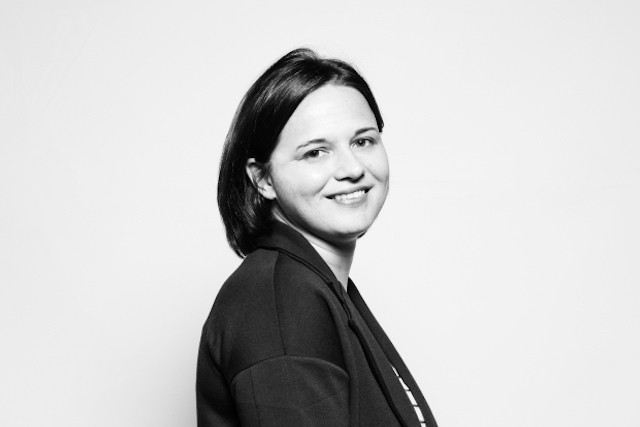Among the stories you have reported on, which touched you most deeply?
Many moons ago, I wrote a special feature showing a day in the life of people who didn’t have the use of all five senses. For the article, I conducted an interview using a relay service to speak with a deaf student.
I also met a blind substitute teacher in her classroom. When one of her students tried to sneak out, she snapped at the student to get back into his seat. I was amazed at how much she relied on her hearing to “see” her surroundings.
Upon her suggestion, I tried dining in the dark to get a sense of that, and I highly recommend it.
In this time of alternative facts trust in media is at a low point. What can journalists do to protect their credibility and retain the trust of readers?
As journalists, we have to be diligent about research, especially in the digital age, and find alternative viewpoints for a more balanced perspective.
And for readers, it’s becoming increasingly important to verify sources. And always remember who’s footing the bill! I’m proud to be working at an independent publishing house for this very reason…
You may have heard of the Memory of Mankind, a project to gather the accumulated knowledge of our time, encode it into microscopic engravings and store it in an Austrian salt mine. If you were allowed to select one writer or journalist’s work to go into this depository, whose would it be and why?
Tricky question! But my gut reaction is to go with the works of George Orwell. I’ve recently found myself revisiting his “1984” and “Animal Farm”, and they resonate through the ages.
But I also have a soft spot for his “Down and Out in Paris and London” and “Burmese Days”, based on his experiences abroad.
